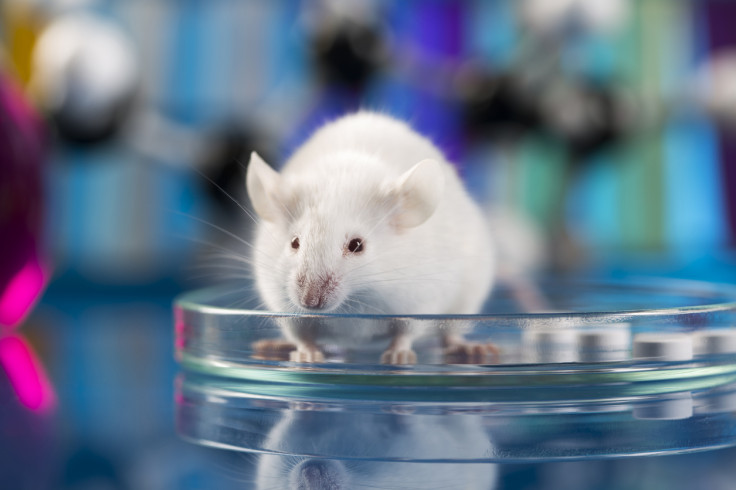Cannabis: THC restores memory and improves learning in elderly mice
The study tested the effects of THC on the endocannabinoid system of young, mature and older mice.

Low doses of THC – the main psychoactive ingredient in cannabis – can improve age-related memory and learning impairments in old mice, scientists have shown. These promising findings pave the way for clinical trials.
There has been growing evidence in recent years that marijuana may have detrimental effects on the brain of young people. Regular doses of THC have been associated with memory impairment in teenagers and young adults – and the same is true in young animals.
However, a new study, published in the journal Nature Medicine, suggests that the impact of THC on the brain varies with age.
Scientists already know that activity in the brain's endocannabinoid system (which mediates the psychoactive effects of cannabis) declines as animals grow older. This is linked to an acceleration of the ageing process and cognitive decline.
Here, they decided to test whether THC could help restore the signalling activity of the cannabinoid receptors CB1 in the brain of old mice and whether this enhanced memory and learning abilities.
"In young animals, treated with low doses of THC over long periods of time, we have seen that even these low dose produces memory impairment. But the contrary happens in old mice – restoring endocannabinoid activity with THC is actually beneficial for memory and learning. Our work suggests that THC's effects are different for old mice and for young mice", study lead author Andreas Zimmer told IBTimes UK.
Memory paradigms
In the study, the scientists gave low doses of THC to young (two months old), mature (12 months old) and old (18 months old) rodents on a regular basis. They assessed how the treatment affected the animals' abilities during memory and learning tasks.
Among these tasks was a memory paradigm known as the Morris water maze – where a platform is hidden in a water basin and mice have to find it using what they learn from environmental cues. It tests "spatial memory". The scientists also used another paradigm designed to test the rodents' "social memory".
The researchers observed that the THC treatment impaired young mice's behavioural performance in these different tasks. However, similar treatment actually improved learning and memory in mature and old mice.

"What is particularly impressive is that the effect was observed in several learning tasks. This is important, because if the effects were only observed in one task, then somebody could attribute them to non-mnemonic factors specific to one task. For example, if THC only benefited memory in the Morris water maze (which is a stressful task), the effect could have been attributed to the effect of THC on anxiety", Jarid Goodman from the department of Psychology at Texas A&M University, who was not involved in the study, told IBTimes UK.
"However, THC also benefited memory in the social learning task and object recognition task, which are not stressful. Therefore, the effect in these tasks cannot be readily attributed to changes in anxiety. The most parsimonious explanation is that memory was enhanced or recovered".
Moving on to clinical trials
These findings may now allow the team to move on to clinical trials. Although it's too early to conclude whether similar effects would be observed in elderly humans, the scientists are hopeful that they will be able to conduct such trials successfully.
"Many animal and human studies have already shown that the effects of THC in rodents are often seen in humans. In general, the results we obtain from studying the endocannabinoid system of rodents can be translated to humans. But now we have to show this here", Zimmer said.

If their trials are given the go-ahead, the team would like to study two groups of participants – elderly people with mild cognitive impairment and elderly people with early dementia.
Goodman commented: "I believe the results are sufficient to start clinical studies in humans. The results of the rodent study are convincing, and there aren't any substantial risks of low dose THC treatment in human populations. It will be important, however, to confirm the influence of THC on other kinds of memory in older populations. In young adult rodents and humans, repeated cannabis use enhances the "habit" region of the brain – the dorsal striatum. This could prime individuals to develop harmful habits, such as cannabis abuse".
"I'm also curious about the route of administration for the clinical trials. It would be unwise for subjects to smoke marijuana, given that the elderly are more susceptible to developing lung problems", he added.
© Copyright IBTimes 2025. All rights reserved.






















